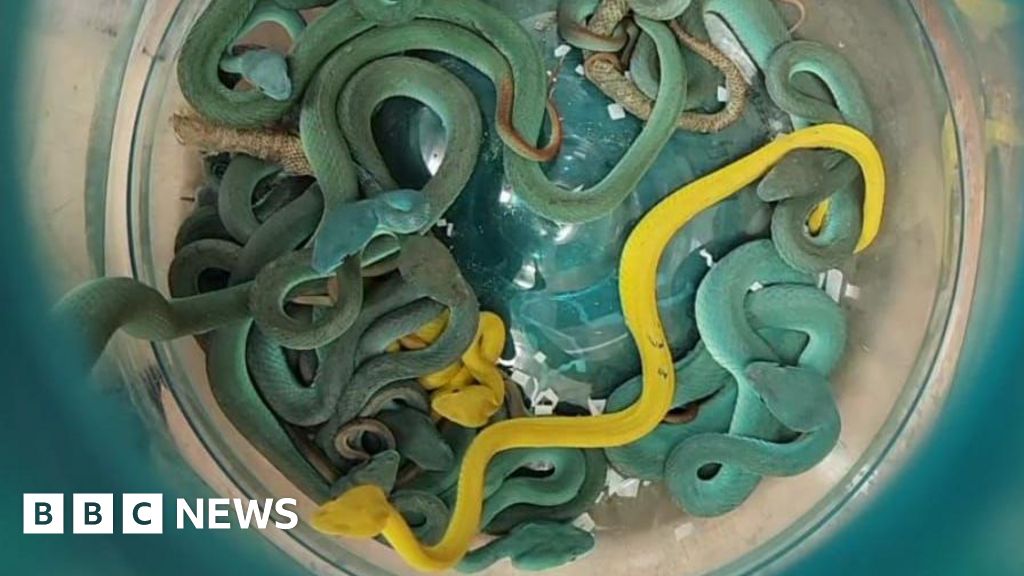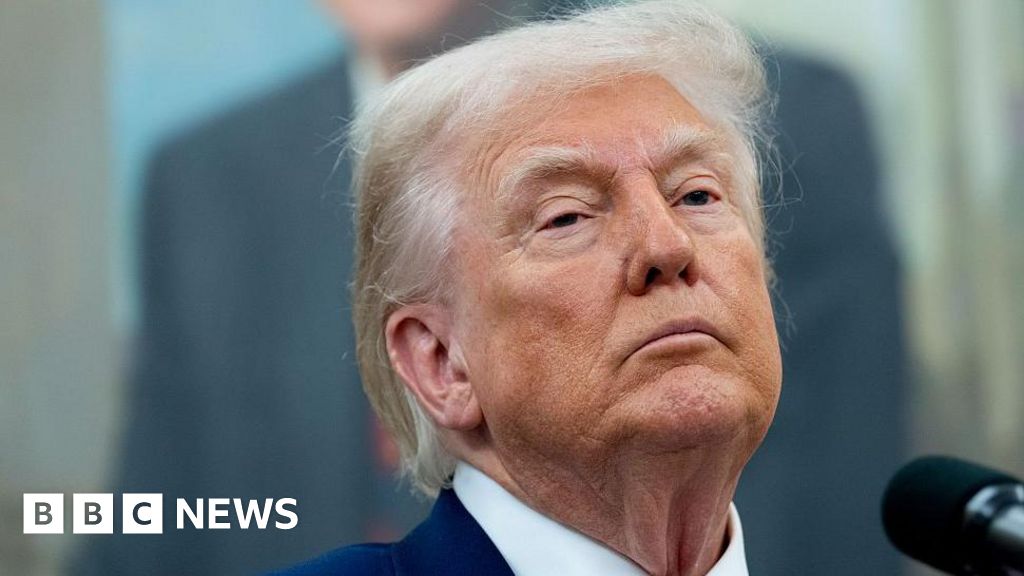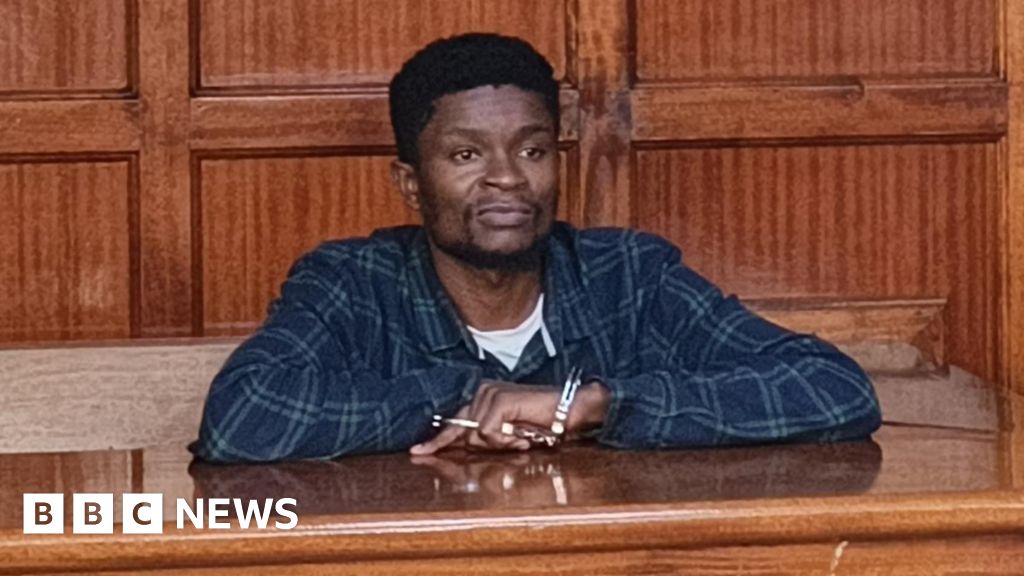- Innovation
Best high-yield savings accounts of 2025: AOL editor picks
时间:2010-12-5 17:23:32 作者:Investigations 来源:India 查看: 评论:0内容摘要:Trump said Musk's welcome at the White House was wearing thin and accused him of being unhappy about the elimination of a tax credit for electric vehicles, which has been key to Tesla's sales in the US.Trump said Musk's welcome at the White House was wearing thin and accused him of being unhappy about the elimination of a tax credit for electric vehicles, which has been key to Tesla's sales in the US.
"It shines light on the book and measures the amount of light which shines back," he says."It uses green light, which can be seen, and infrared, which can't be seen with our own eyes. The green light flashes when there are no fragments of arsenic present, the red light when there are pigments."

The new testing device is smaller and will be less costly to produce and use than a full-scale spectrometerIt has already been used to survey the thousands of books in the St Andrews collections and in the National Library of Scotland, and the team hope to share their design with other institutions around the world."We're lucky as a large institution to have expensive kit, so that we can test 19th Century potentially toxic books," says Dr Jessica Burge, deputy director of library and museums at the University of St Andrews.

"But other institutions with big collections may not have those resources, so we wanted to create something which was affordable and easy. It doesn't require a specialist conservator or analysis, and it's instant."It's also a problem which isn't going away. If anything, toxic books will become more harmful as they get older and disintegrate.

Identifying them means they can stored in a safe way and still enjoyed with controlled access and precautions such as wearing gloves.
"It will continue to be a live issue," says Dr Burge.Neither side has succeeded so far. For decades, successive Indian governments - both at the Centre and in Kerala - have tried and failed to resolve the deadlock.
It remains unclear if Saudi authorities are even willing to release the compensation, let alone adjust it for inflation as some family members now demand - with some claiming it could be worth over $1bn today.Followers of the case note the property was a waqf - an Islamic charitable endowment - meaning descendants can manage but not own it.
The Saudi department that handles Awqaf (endowed properties) did not respond to the BBC's request for comment, and the government has made no public statement on the matter.That hasn't stopped speculation - about both the money and who it rightfully belongs to.
- 最近更新
- 2025-07-07 10:08:36Have scientists solved the mystery of gold’s origin in the universe?
- 2025-07-07 10:08:36Iran moves to punish ‘spying’ as it proclaims victory over Israel, US
- 2025-07-07 10:08:36How the Los Angeles protests unfolded: A visual guide
- 2025-07-07 10:08:36Trump launches website for $5m ‘gold card’ granting US residency
- 2025-07-07 10:08:36killing IRGC chief Hossein Salami,
- 2025-07-07 10:08:36Four Palestinians killed in occupied West Bank by settlers, Israeli troops
- 2025-07-07 10:08:36VerandaThese 16 beautiful hotels in London will make you feel like royalty
- 2025-07-07 10:08:3610 Used Cars That Will Last Longer Than an Average New Vehicle
- 热门排行
- 2025-07-07 10:08:36translate to lower insurance premiums
- 2025-07-07 10:08:36Israel kills more than 90 in Gaza as 3 killed in attack by Israeli settlers
- 2025-07-07 10:08:36even the magazines you subscribe to
- 2025-07-07 10:08:36Four Palestinians killed in occupied West Bank by settlers, Israeli troops
- 2025-07-07 10:08:36Anker Surge Protector Power Strip
- 2025-07-07 10:08:36Are India and Pakistan preparing for a naval face-off in a future conflict?
- 2025-07-07 10:08:367 best investment platforms: Low-cost options to put your money to work
- 2025-07-07 10:08:36One survivor as 241 people killed in Air India plane crash, officials say
- 友情链接
- British woman charged over death of Australian in e-scooter crash 'Chances missed' to help groomed terrorism suspect Tories accuse PM of funding tax cuts for Mauritians Pete Townshend's Quadrophenia mod ballet on tour How Trump and Musk are still linked - despite falling out Politicians accused of Liberia parliament arson bailed US-backed aid group says Hamas killed at least eight Palestinian staff in bus attack Legal win for son tricked into moving to Africa by parents Data bill opposed by Sir Elton John and Dua Lipa finally passes Man made 'assassination kits' from his back garden St Mawes artist wins her battle for lower fence Family of Cole Cooper 'shattered' after police find body Wurlitzer wizard marks 45 years on the pedals New stations in £445m rail plan for Wales 'I made the sign of victory for Siwar': Mother's relief as malnourished Gaza baby evacuated to Jordan 'It will make a lot of difference': Reactions to winter fuel payment U-turn 'I couldn't imagine not teaching full-time - until I had my baby' Homes escape damage after 'moderate tornado' Polish PM Donald Tusk prepares for confidence vote Hosepipe ban possible as reservoir levels drop British soldier detained in Kenya over rape allegation Gardens £10m revamp inspired by Southport victims Polish PM Donald Tusk prepares for confidence vote The forgotten story of India's brush with presidential rule Paternity leave is outdated and unequal, MPs say Two murder arrests after boy, 14, stabbed to death Boy fell to death after slip at Cliffs of Moher - inquest Ed Sheeran says he identifies culturally as Irish Teacher struck off after pupils saw her explicit OnlyFans page Hosepipe ban possible as reservoir levels drop
